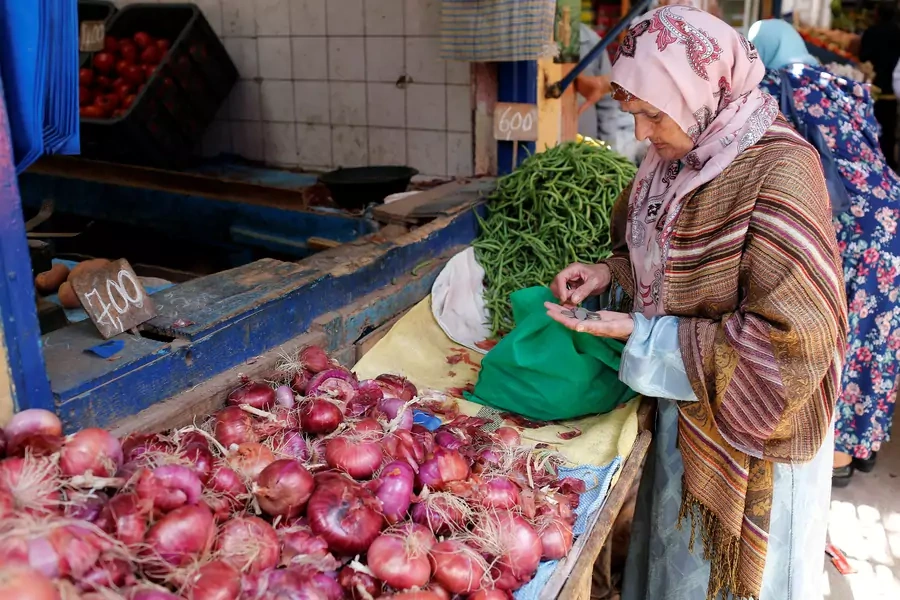Women Around the World: This Week

Morocco strengthens harassment laws
Morocco’s parliament reintroduced legislation for debate last week that would criminalize physical or verbal harassment of women in public and instate prison sentences of between one month and two years for offenders—the legislation stalled this week and its passage remains uncertain. Members of parliament debated a similar piece of legislation last month, which fell victim to political wrangling between moderate and deeply conservative parties. The global #MeToo social media campaign is credited with reinvigorating the legislation, as thousands of Moroccan women use the hashtags #MeToo or #AnaAidan to highlight the prevalence of discrimination against women in the country. Many Moroccan officials see the bill as step forward for the country in its bid to be viewed as a moderate Islamic hub.
New Zealand commits to equal pay
Jacinda Arden, New Zealand’s newly appointed Prime Minister—and the youngest female leader in history—said last week that her government aims to achieve full pay equity for women working within the federal government in the next four years. Ardern suggested that this effort, which would close the gender pay gap among 46,000 public service workers in the country, could be a catalyst for broader change across the region. In the World Economic Forum’s newly released 2017 Global Gender Gap Report, New Zealand ranks 9th globally, well ahead of neighboring Australia, which ranks 35th. However, while New Zealand’s pay gap has dropped significantly since the 1990s—from 16 percent in 1998, to 9 percent today—government data suggest that progress has stalled in recent years.
Canada elevates women’s roles in security
More on:
Canada released an updated National Action Plan to implement landmark UN Security Council resolution 1325 on women’s participation in conflict prevention and resolution. The strategy builds upon a prior plan, first adopted in 2011. The revised plan earmarks $17.1 million for international programs that support women’s inclusion in peace talks, security forces, and local efforts to prevent and mitigate conflict, and commits $2 million in Canadian funding to increase the UN’s ability to prosecute crimes of sexual violence. Canadian Minister of Foreign Affairs Chrystia Freeland argued this investment will advance “the stability and security of communities around the world.”
More on:
 Online Store
Online Store